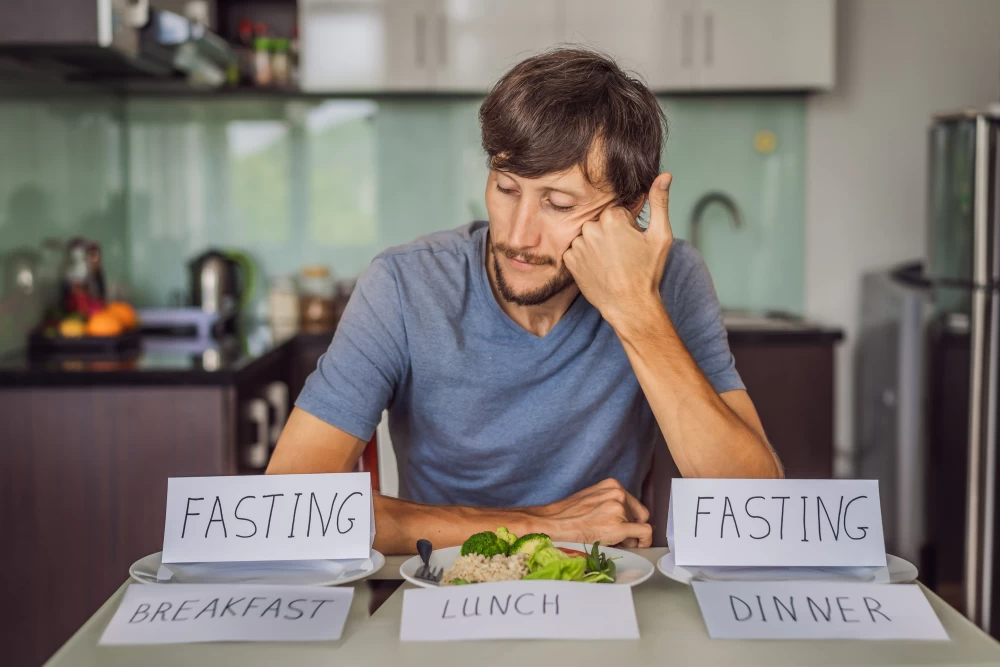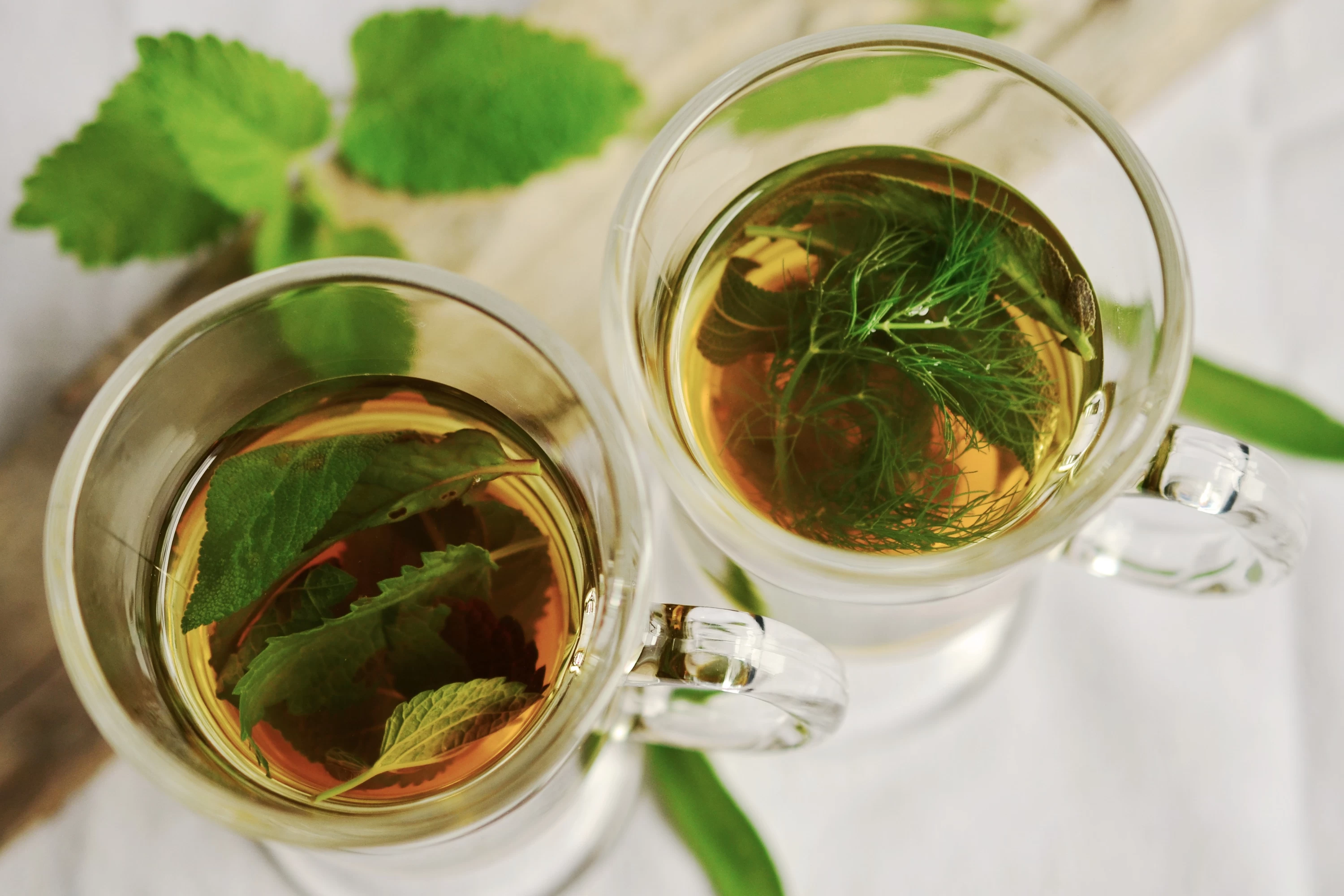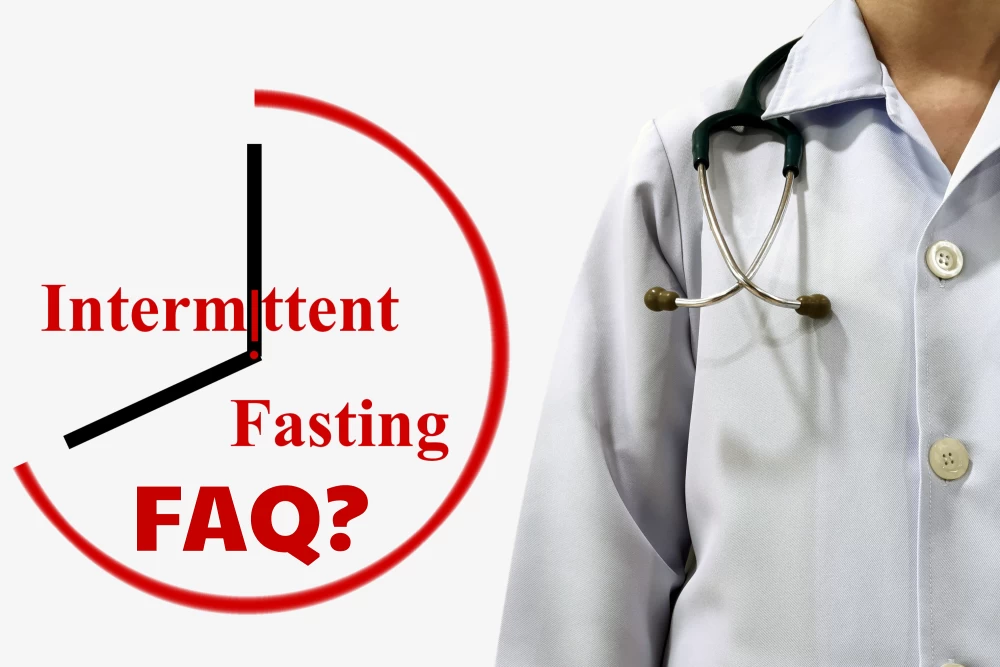
- 14th April 2023
Table of Contents
Intermittent Fasting Overview
Intermittent fasting is gaining popularity as a means of reducing body fat and enhancing health. Fasting is a healthy lifestyle choice, but it can be difficult to know what to eat and drink. When fasting, water is essential for maintaining hydration and flushing out toxins. Black coffee and tea can also be consumed in moderation because they are low in calories. It's crucial to prioritise nutrient-dense foods like vegetables, fruits, proteins, and healthy fats during the eating window. Fasting can be made more comfortable by avoiding foods that spike insulin levels, such as processed foods, sugary drinks, and high-carb snacks. Consider eating several smaller meals throughout the day instead of three large ones.
When beginning intermittent fasting, it is crucial to pay attention to your body and make any necessary adjustments. If you find that certain foods make you feel tired after breaking your fast or that you get hungry again while fasting, experiment with different diets until you find what works best for you. The weight loss and health benefits of intermittent fasting can be maximised with careful preparation and adherence to dietary guidelines.
What to Drink

Knowing what to drink during intermittent fasting is just as crucial as knowing what to eat. During a fast, it is especially important to drink plenty of water to keep your body hydrated and your metabolism revved up. The calming effects and potential appetite suppression of herbal teas like chamomile and peppermint make them excellent alternatives.
Black coffee is also a great option if you're craving something with a bit more flavour. Caffeine in this aids in appetite suppression and gives you more pep in your step. Don't ruin your fast by ruining the taste with sugar or cream, though. Last but not least, bone broth is a great choice for fasting individuals who have trouble controlling their hunger. It contains electrolytes and collagen, two nutrients that help you feel full and alert all day long. Furthermore, its salty flavour makes it a welcome addition to any fasting schedule.
What Foods to Eat
What you consume during your non-fasting periods is just as crucial to the success of intermittent fasting as what you consume during your fasting periods. Consuming nutrient-dense foods that will fuel the body and support overall health is essential to getting the most out of intermittent fasting. You can't go wrong with a diet that includes plenty of fresh fruits and vegetables and lean proteins like chicken, fish, and eggs, as well as healthy fats like avocados, nuts, and olive oil, and whole grains like brown rice and quinoa.
However, there are some foods that are not recommended during intermittent fasting and should be limited. Refined carbohydrates (like white bread or pasta), high-fat meats (like bacon or sausage), and foods with added sugars or artificial ingredients all fall into this category. Water consumption throughout the day is crucial to this end.
In general, intermittent fasting is most effective when combined with a healthy, whole-foods diet. Making healthy decisions during your eating window (when you are not fasting) will help you meet your body's nutritional needs and support your weight loss goals.
Timing Tips
In intermittent fasting, timing is everything. It's crucial to give your body enough time to fast and refuel if you want to achieve your goals. Time your meals so that they fit into your routine. If you have a 9-to-5 job, you might want to break your fast with a wholesome meal at lunchtime and eat a lighter dinner in the evening.
Pay attention to when your stomach starts rumbling. If you feel dizzy or weak from hunger, you shouldn't fast. It's also important to stay hydrated all day long, but especially during times of fasting. Avoiding unhealthy foods and supporting digestion with water, herbal tea, or black coffee.
Finally, when it comes to choosing your intermittent fasting window, consistency is key. Experiment with eating during the same time frame every day and modify as needed based on how you feel. It's important to keep in mind that your body is unique, so try out various timings until you find what works best for you.
Guidelines for Fasting Periods
It is especially important to drink lots of water and stay hydrated during fasts. This aids in digestion and the elimination of toxins, in addition to preventing dehydration. Herbal teas and black coffee also have the added benefit of reducing hunger pangs while giving you a much-needed energy boost.
When breaking your fast, it's best to start with something light and healthy like fruit or vegetables so as not to tax your digestive system too quickly. Nuts, seeds, avocados, and eggs are all good choices because they are high in protein and healthy fats, which help you feel full for longer.
If you have a medical condition that requires regular medication or if you are pregnant or breastfeeding, fasting may not be safe for you. Before beginning any fasting regimen, it is recommended that you speak with a medical professional.

Health Benefits of Intermittent Fasting
What you consume during your eating window is just as crucial as when you consume it when intermittent fasting. Selecting nutrient-dense foods that supply all the necessary vitamins and minerals without sacrificing flavour is crucial for getting the most out of this diet. Consuming protein, healthy fats, and complex carbohydrates at breakfast will help you feel full longer.
Also beneficial to digestive health is eating plenty of fiber-rich vegetables like broccoli, kale, spinach, and cauliflower. Herbs and spices like ginger and turmeric are great options for those who want to add flavour to their dishes while also benefiting from their anti-inflammatory properties. Water intake is also important for maintaining hydration levels during intermittent fasting.
When combined with a healthy diet, intermittent fasting has been shown to increase energy and improve health. You can get the most out of this eating pattern if you swap out processed junk food that's high in calories and sugar for whole foods that are rich in nutrients.














